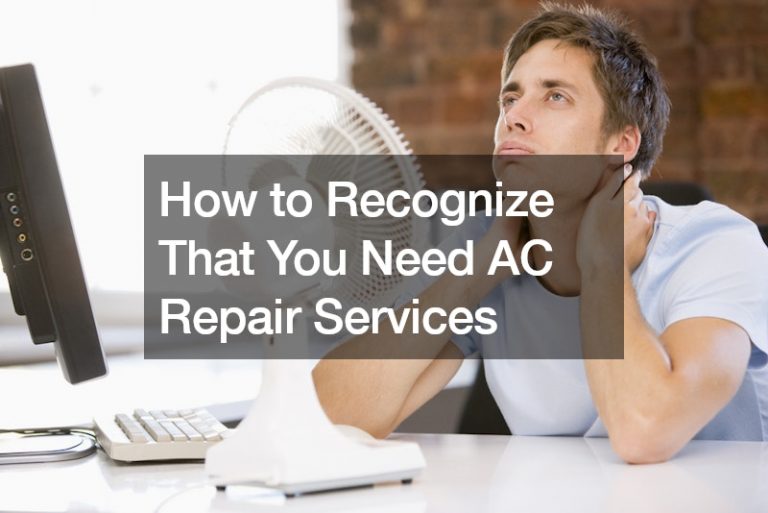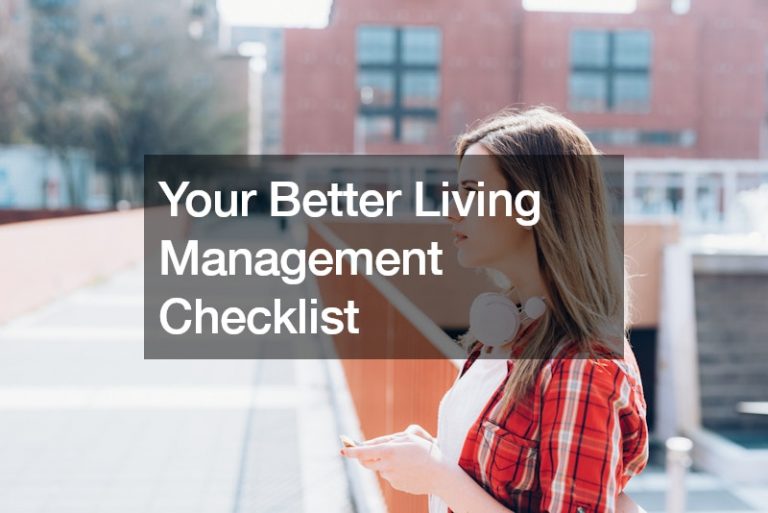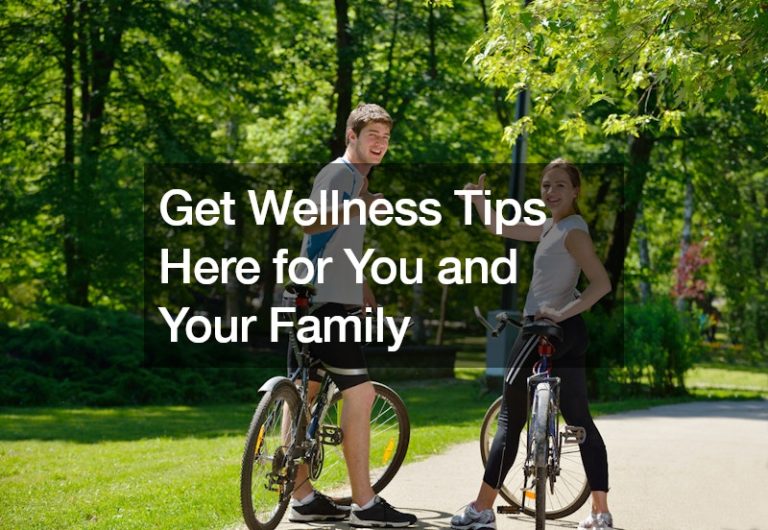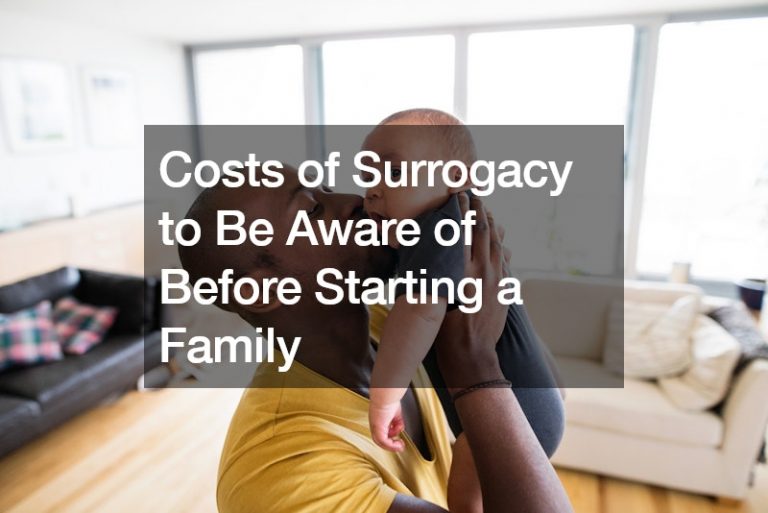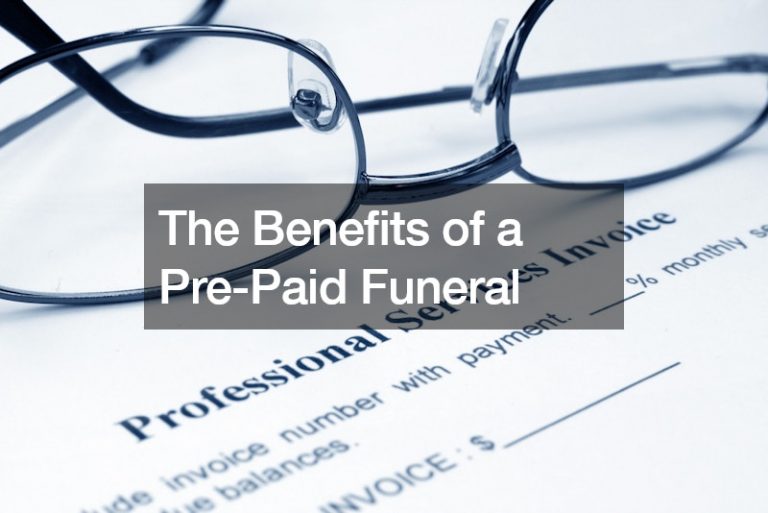- Understand the issues that are affecting the LGBT community in your area.
- Amplify LGBT voices by attending meetings, sharing stories, and writing letters of support.
- Educate others about complex issues and share personal stories to create empathy.
- Participate in local activism efforts related to LGBT rights.
- Advocate for change by writing letters, attending meetings, speaking up at city council meetings, or running for office.
Advocating for LBGT members in your community is an important part of creating a more inclusive and equitable space. By establishing strong advocacy, you can help ensure that members of the LBGT community feel safe in their communities and are protected from discrimination, prejudice, and bias. This guide will provide tips on becoming an effective advocate for LBGT members in your community.
1. Understand the Issues
The first step towards effective advocacy is understanding the issues affecting LGBTQ individuals in your community. Research the laws and policies that impact them, read recent news stories about LGBT issues and talk to community members about their experiences. This will help you become better informed so that you can more effectively advocate on behalf of this group.
Here are some issues affecting the LGBTQ community:
Marital Issue
LGBT couples may face unique issues regarding marriage that other couples do not have to consider. For example, same-sex couples in some states still fight for the right to marry. Due to this unequal treatment, certain complications can arise during divorce proceedings, even where available. Many states do not recognize domestic partnership or civil union legalities, and couples may find themselves in a difficult situation when it comes time to file for separation. For an LGBT couple in this challenging circumstance, encouraging them to consult with a reliable LGBT divorce lawyer can be beneficial. An experienced attorney specializing in LGBT divorces will understand the nuances of the case and know what is necessary to help.
Employment Discrimination

Employment discrimination is still a significant issue facing the LGBTQ community. Many employers may illegally discriminate against individuals based on sexual orientation or gender identity. Even if these employers do not explicitly state that they are discriminating, they may take other steps, such as not hiring members of the LGBTQ community or not paying them equally for their work. This form of discrimination can be challenging to prove and can leave individuals vulnerable to further abuse in the workplace.
Health Care Access
Access to quality healthcare is a major issue for the LGBTQ community. Even in states where same-sex marriage is legal, access to health care can still be limited. This can include anything from not having access to gender transition treatments or being unable to find a doctor knowledgeable about LGBTQ health issues. Access to quality healthcare is essential for the well-being of any individual, and the LGBTQ community should have full access to it.
Social Acceptance
Social acceptance is a major issue facing the LGBTQ community. Even in areas where same-sex marriage is legal, members of this group may still face discrimination and prejudice from their families, friends and even strangers. This can lead to feelings of isolation, depression and anxiety that can further compound any other issues they face. It is important to remember that social acceptance is a key factor in the overall well-being of any individual and should be supported and protected.
2. Amplify LGBT Voices
One way to be an effective advocate is to amplify the voices of LGBT individuals in your community. This can be done by attending meetings and events featuring this group’s speakers, sharing their stories on social media, or writing letters to local newspapers expressing support for their rights. Doing so will help ensure that their voices are heard, and their perspectives are considered when decisions that could impact them are made.
3. Educate Others
Education is the most effective way to advocate for an issue. Take the time to explain complex issues to people who may not understand them and share personal stories about how someone has been affected by a particular law or policy. This can help create a greater understanding of the issues and make it easier for people to empathize with those directly impacted.
4. Participate in Local Activism

Get involved in local activism efforts that support LGBT rights. This can include attending rallies, canvassing neighborhoods to raise awareness about an issue or even organizing events. Doing so will help ensure that your voice is heard and can directly impact the progress made in your community.
5. Advocate for Change
The final step is to advocate for change. This could include writing letters or emails to local officials, attending meetings and hearings, speaking up at city council meetings, or even running for office yourself. Whatever route you choose, it’s important to make your voice and opinions heard so that the issues affecting LGBT individuals in your community can be addressed.
Final Words
Advocating for the LGBT community is important to ensure that all people are treated with respect and dignity regardless of their sexual orientation or gender identity. By taking the steps outlined above, you can effectively advocate for LGBT individuals in your own community and help create a more inclusive society.



